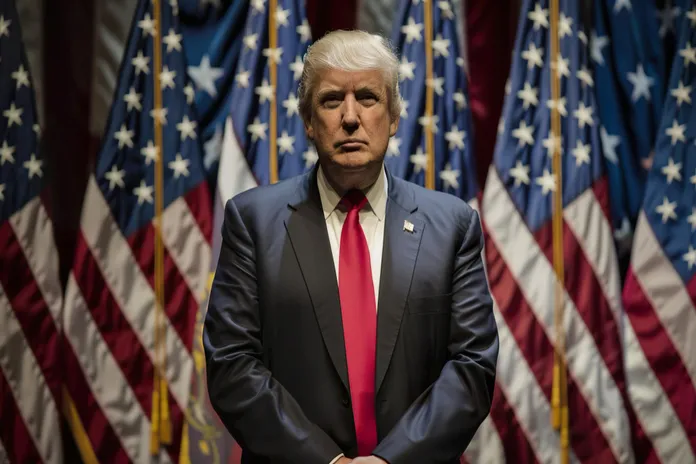
Understanding Operation Chokepoint and Its Impact on Crypto
Operation Chokepoint, a regulatory effort initiated by the government during the Biden administration, has had far-reaching consequences for the cryptocurrency industry. The initiative aimed to restrict access to banking services for crypto companies, drastically limiting their ability to operate.
What Was Operation Chokepoint?
Operation Chokepoint was a coordinated effort by regulators to pressure banks into cutting ties with crypto businesses. This move effectively urged financial institutions to refuse services to firms operating in the digital currency space, severely hindering their operations. Notable figures like Nic Carter, Tyler Winklevoss, Roman Storm, and Jesse Powell have confirmed that they and their companies were negatively impacted by this operation.
It appears that banks that refused to comply with these regulatory pressures faced consequences of their own. For instance, Silvergate, a crypto-friendly bank, voluntarily liquidated despite being financially stable due to regulators’ refusal to allow it to serve crypto clients. This development highlights the risks posed by politicized oversight and underscores the potential devastation that can result from unchecked regulatory power.
Interestingly, Operation Chokepoint’s reach extended beyond cryptocurrency. Notably, Donald Trump revealed in an interview that he experienced similar issues firsthand when major banks like JPMorgan and Bank of America rejected his deposits. This serves as a stark reminder that politicized banking practices are not limited to the crypto space alone.
Donald Trump’s Efforts to Reverse Operation Chokepoint
As president, Donald Trump took decisive action to mitigate the impact of Operation Chokepoint. He signed an executive order mandating fair and equal banking access for all Americans, explicitly condemning Operation Chokepoint as a demonstration of undue regulatory influence leading to unlawful banking restrictions. The order directs federal banking regulators to eliminate references to “reputation risk” or similar concepts from their regulatory guidance.
These changes are expected to come into effect within 180 days of the order’s issuance. This move underscores the administration’s commitment to restoring a fair and unbiased banking environment. Prior to this, the Federal Reserve had already announced the end of reputational risk oversight, signaling alignment with Trump’s executive order.
The Significance of Operation Chokepoint
Operation Chokepoint serves as a cautionary tale about how regulatory overreach can stifle innovation and unfairly target emerging industries like cryptocurrency. By denying access to banking services, regulators created barriers to growth and contributed to instability within the crypto ecosystem.
Trump’s executive order does more than just restore fairness in the banking system; it also protects all sectors from politicized debanking. The crypto industry now benefits from renewed access to banking services, allowing companies to operate with increased freedom and innovate without fear of arbitrary shutdowns.
Looking Ahead
With Operation Chokepoint officially ended, the cryptocurrency sector can anticipate more equitable treatment from banks and regulators. This development may lead to increased investment, innovation, and broader adoption of cryptocurrencies and blockchain technologies. It also sets a precedent for safeguarding financial services from political interference, fostering a healthier economic environment.
Source: cryptocurrencynews.com


